We all make mistakes.&
Look no further than the crypto market for this, when the entire space seemed to get a little bit over-excited, shall we say, during the pandemic years of 2020 and 2021.&
The year 2022 has exposed a lot of overvalued investments as the economy has flipped and capital has flowed out of the space. Many investors are hurting bad, so perhaps it is a good time to take stock of errors and see whether these can be avoided in future.&
On this note, we sat down with a few industry experts to get their thoughts on an important question, as part of our series asking expert panels for advice in crypto:
What mistakes should users avoid when attempting to buy cryptocurrencies?
Ramani Ramachandran, CEO and Co-Founder of Router Protocol says:
There are so many common and often preventable mistakes that new traders make. Some of the most common ones are, sending your assets to the wrong wallet. As a trader, you must understand that every single transaction in blockchain is immutable. If you accidentally send the tokens to the wrong address, it can’t be undone.&
Secondly, committing trades without looking at gas fees. If you want to execute an urgent transaction, then paying high gas fees makes sense. But if you can wait for the transaction to take place then make sure to execute the transaction when the gas fees are low. You can use tools like Ethereum’s GasNow to find a time when the gas is on the lower end of the spectrum.&
Stefan Rust, CEO of Laguna Labs, says:
Again, knowing why you are buying crypto and what for can help you avoid the biggest mistakes. Are you looking to make a quick buck when the market is hot, or are you brave enough to face the bear market and buy low to hold over the long term? Or are you looking for stablecoins that hold their value and that you can use to buy things? PIck your poison and then &- crucially &- do your research.
Marius Ciuboatriu, co-founder of Hubble Protocol, says:
Avoid hype. When someone trades into a crypto project’s token or starts depositing on a decentralized finance platform without knowing how it really works, it’s called “apeing,” and it’s like throwing money like an ape at something because of hype or what someone said instead of doing due diligence. Avoid “apeing” into crypto projects if you don’t have enough knowledge about the project to make an informed decision. Remember that all of these tokens represent projects that are trying to do something with incredibly new technologies, and if you don’t understand what they are trying to do, then it’s like wading into the dotcom bubble in the late nineties. A lot of internet projects either oversold their promises or had nothing new to offer other than having a website, but Google and Amazon made it through the bubble, because they worked and had real utility for users. & &
Tom Norwood, CEO of Loop Finance, says:
Sadly, there’s almost nobody in crypto that doesn’t have a horror story about buying a token at the wrong time or even getting pulled into a scam. It can be quite tricky to always make the right decisions in this space, but doing your own research, never believing something that’s too good to be true (because most of the time, if it sounds too good to be true, it is!) and ensuring you never invest anything you can’t afford to lose is going to safeguard you against making the biggest mistakes.
Dan Ashmore, data analyst at Coinjournal says:
Avoid FOMO and reckless, emotion-bound investing. A lot of cryptocurrencies are hugely volatile, as is the sector at large. Investing needs always be done as part of a responsible portfolio allocation, with a key emphasis on diversification.
The vast majority of cryptos should be viewed as gambles rather than investments &- always ensure you are investing in accordance with your risk tolerance.
Martin Lee, Data Journalist at Nansen says:
Avoid chasing hype and feeling like you need to catch every wave.&
Don’t overly rely on influencers or “educational” content creators for alpha. Do your own research and form your own opinion of a project before investing.
There’s sometimes a perception that buying BTC/ETH means that you won’t be able to do well and you have to make more risky bets but historically having a portfolio that’s largely BTC/ETH gets you the best returns unless you’re able to ride the different waves well of course.&
Lars Seier Christensen, chairman of Concordium and founder of Saxo Bank says:
They should avoid leverage in their trading and they should avoid very short term trading. Day traders nearly all lose money as they cannot beat the constant cost of spreads and commissions. Research thoroughly on projects and accumulate for the longer term, looking for projects with solid use cases that eventually will be profitable. Buy on dips, not after big rallies, and don’t fall for hype. There is a lot of hype out there, and relatively few solid projects with long term potential. Look out for the liquidity of the tokens and coins, how easy is it to get in and out, not least in volatile conditions.
Yang Lan, founder of Fiat24 says:
Don’t just buy cryptocurrencies that are “Trending” or have a lot of hype &- do your own research and look out for coins which also have utility and are connected to upstanding projects.&
Dmitry Gooshchin, COO and Co-Founder of EndoTech says:
One of the biggest mistakes that investors make is frequently changing their investment strategy. Investors often come into the market with a thesis about a coin’s value or the market itself. That is the bedrock of the investment. However, too often, a new piece of regulation or tweet can set off emotional reactions and cause them to change their investment strategy.
Bobby Pham &- CMO KardiaChain says:
- Buy crypto from trusted sources. There are TONs of methods to purchase crypto. If you’re just starting out, buy from trusted platforms, sources, or people you personally know. Even though the industry has been around for over 10 years, it’s still filled with scammers and unethical users. Thus, if you’re just starting out, be sure to buy crypto from large trusted brands like Coinbase, Binance, FTX, or from your personal relationships.
- Stick to buying blue-chip crypto projects in the Top 25. There are over 21,000 cryptocurrencies. 99.9% are worthless and will likely disappear within the next 3 years. Investing into these is high-risk, and there’s a big chance you’ll lose most of your investment if you don’t have much experience investing in crypto yet. If you look at the Top 10 crypto projects by market cap from the last 4 years, half of them have largely remained the same: Bitcoin, Ethereum, Ripple, Binance Coin, ChainLink. If a crypto project survives past the 5-year mark, it’s likely a solid project that’ll be around long-term. If you’re a beginner, stick to buying blue-chip crypto projects while you gain experience.
- In the beginning, only invest a small portion (less than 10%) of your liquid savings. You should initially expect to lose money as you learn how to buy crypto. Knowing this, you want to keep your learning mistakes small and inexpensive.
Joerg Hansen, CEO of Caiz Development GmbH says:
Don’t focus too much on the price of a cryptocurrency. Crypto is one part, but the blockchain behind it is the key and bigger part of understanding the difference between a good cryptocurrency and a bad cryptocurrency. If you know what makes Bitcoin so unique, you will understand the future.& Getting into crypto is mostly an investment in your future. By getting your feet wet carefully (without getting sucked into greed-driven frantic trading or leveraging) you can make sure you will be part of the new future of money rather than being left behind.
Lang Mei, CEO of AirDAO says:
I think the most common mistakes are:
- Not having strong passwords for crypto exchanges
- Sending funds to the wrong wallet address
- Losing private keys for wallets
New users should research how to avoid these mistakes.
Vlad Totia, Research Analyst at Zilliqa says:
One of the most common mistakes new users make is falling for promises of extremely high profit if they purchase a specific token. While crypto has definitely made many people rich, it has caused many more to lose their investments. Doing even a minimum amount of research before buying a cryptocurrency is a very good habit to have as it can filter out a good portion of bad projects.
Another common mistake is using small unproven exchanges as wallets. The phrase ‘not your keys, not your crypto’ is popular for a reason. If a user wants to purchase a large amount of a little-known token, they should at least store it in a personal cold wallet as opposed to delegating the keys to it to an obscure exchange with a nice UI.
Hristiyan Hristov, Account Management Team Lead at Nexo says:
Avoid following somebody else’s advice from Youtube, Reddit, online articles, etc. Always do your own research and have in mind that many people are paid to promote assets and projects online and it isn’t always immediately obvious when this is the case. This will help you build critical thinking in an industry where this is crucial to your success and “survival”. You’ll learn a lot, and knowing you can rely on your own “crypto smarts” is incredibly empowering in long run.
Wolfgang Rückerl, Co-Founder and CEO of Istari Vision and Entity says:
A typical mistake for new investors is buying tokens without first researching and understanding the project. The acronym ‘DYOR,’ meaning ‘Do Your Own Research,’ represents a critical process for making smart investment decisions. A related mistake is buying into over-hyped coins after the price has already skyrocketed.”
Another common mistake in crypto investing is buying into projects that only have a litepaper but do not have any form of working product. While it takes time to develop software, most trustworthy projects will at least have a testnet version of their product before they begin fundraising. If a startup has a fully-functional mainnet product, that is an even better sign for investors.
Finally, many new investors fail to properly secure their crypto after purchasing it. Users should always protect their seed or recovery phrase, which is the key to accessing their blockchain assets. You should write these phrases down on paper in a secure location and never share them with anyone. Investors should also never connect their wallet to websites that they don’t fully trust. Savvy investors will even use a ‘cold wallet,’ which is a piece of physical hardware that keeps your crypto secure from hackers.
Nimantha Siriwardana, Co-Founder and CTO of Metacask says:
Many people go into crypto thinking that they will make their fortune overnight. This is not the case. Plan for the long term. Find a project that you believe in and that aligns with your values. And don’t make the mistake of not doing your own research.
Going all in is a rookie error. Only ‘invest’ what you can afford to lose. Crypto is extremely volatile, and as with all investments, there are winners and losers &- unfortunately, many will lose. &
The worst mistake a user can make is panic buying and selling. Have a plan, and stick to it. As a wise person once said… plan the trade and trade the plan.
Tahem Verma, Co-Founder and CEO of mesha says:
Users should avoid listening to crypto ‘influencers’ and letting the fear of missing out drive their decision-making. One of the biggest mistakes a new crypto user can make is not doing their own research.
Andrew Levine, CEO and Co-Founder of Koinos Group says:
Instead of trying to get rich quick, people interested in buying cryptocurrencies should find communities of like-minded individuals who share their values and want to solve important problems. Blockchain is an incredible technology with the potential to solve big problems in our world. Investors should shift their focus from the monetary value of a blockchain to its ability to support new technology.
Pannathorn Lorattawut, CEO of VUCA Digital, from the CROWN Token Project says:
Users should avoid buying anything that promises unreasonably high returns. Also, chasing after the next 1000x coins is a very high-risk strategy, almost like making a bet.
Richa Joshi, Co-Founder of Push Protocol says:
FOMO.& FOMO is inevitable in web3. Prices start to fluctuate, floors start to creep up, APYs come and go. Remember that an emotional rationale for an economic choice is rarely the best route, and return to the technology, the adoption, and the community to make your decisions.
Custody.& There are many forms of custody, and none of them are inherently a mistake.& However, not understanding which custody you’re signing up for can be a mistake. Understand the trade-offs between purchasing on a centralized exchange vs. a decentralized exchange and determine where you’d rather have your money sitting.
Short-term Vision.& Rome wasn’t built in a day, and neither has any major technology movement. Web3 trends will come and go, bull and bear markets will cycle, and waves of people will enter and exit. Always look to the long-term, and when you can avoid getting caught up in short-term emotional choices.
Joshua Tobkin, CEO and Co-Founder of SupraOracles says:
If you’re attempting to buy cryptocurrencies, it’s essential to do your own research first. Gain an understanding of how blockchains function, and which tokens have very strong utility for the long term. Be sure to write down your confidence level and time frame you’re willing to wait. Bull markets come and go with long bears in between. Remember that the market ebbs and flows, don’t be dissuaded if your investment crashes at some point if you actually have done proper fundamental analysis.
Valentin Pletnev, CEO of Quasar says:
Avoid being driven by emotion and social trends. As with any financial endeavor, it is human nature to give into irrational behavior even in the most subtle ways. Cryptocurrency markets are no different.
Mario Baxter, CTO at Fun says:
Don’t buy anything that you don’t understand.&
David Schwed, Chief Operating Officer of Halborn says:
Avoid the hype. If you are new to crypto and hear about the “next big thing/coin/project” then you are most likely on the losing side of the cycle and would be buying as the original holders are selling. Start with small amounts and practice the process of buying/selling/transferring.
Limaris Torres, Security Advisor at Halborn says:
Crypto by its very nature is volatile so avoid buying in one chunk. The Dollar Cost Average (DCA) is a great strategy to implement on any large purchase. This method helps reduce the influence of volatility over their investment and, therefore, reduce their risk exposure by breaking a larger amount into multiple smaller purchases.&
Paulina Jóśków, Head of Business Development at Ramp says:
Lack of research when picking an exchange or on-ramp. Picking a bad apple can be costly (hidden fees, expensive withdrawals), or worst case, turn out to be an outright scam.
Hurrying into a purchase. It’s easy to create tokens with very similar names, and for users to buy the wrong one by accident, especially when using decentralized exchanges with little to no vetting on tokens that get added.
Going all-in on a low-liquidity crypto asset. Whatever the motivation behind your purchase, avoid placing all your eggs into one basket &- especially for low-liquidity, infrequently-trading assets.
Gabriella Kusz, CEO of the Global Digital Asset and Cryptocurrency Association says:
Biggest mistake to avoid &- Following the hype &- always do your own research and invest in crypto like any other asset class.
Rashid Ali, co-founder and CEO of Exarta says:
Believing the hype about one particular crypto, do your own research as there are many negative forces that build the hype only to dump it later.&
Never share your private keys or any sensitive information.&
Peter Eberle, President and CIO of Castle Funds says:
Putting too much of your savings into any asset is a mistake, especially a volatile asset. If someone is losing sleep over their investments, it is clear that they have allocated too much capital to that investment. & & & &
Beware of the experts! Twitter, Youtube and other social media is filled with “experts” promising huge returns. Why would they share this information if it was real? Wouldn’t they just invest their own and their family and friends’ money? In reality many are pumping coins that they already own and are trying to unload their investments.
Paolo Ardoino, CTO of Bitfinex says:
Firstly,it is wrong to think that crypto is easy money, or a means of getting rich quickly.
You need to understand the markets and how to use exchanges.
- Be sure to understand the fees of the platform and read the fine print.
- Buying simply as a result of the price being low &- users need to educate themselves about the crypto market in order to avoid the possibility of suffering a loss.
- If you are very new to the market ensure that you always remember your private key or seed phrase. It is critically important that you keep this information in a secure, safe place.
- And while it may seem obvious it’s easy to follow the trend or current hype &- but know what your goal is for your portfolio and stick to it. Also be sure to check your wallet address and keep that information safe. This is critical to keeping your assets safe.
Jake Yocom-Piatt, Co-Founder and Project Lead of Decred says:
Avoid buying a large amount of cryptocurrency all at one time and price, it is best to dollar cost average and gradually buy and sell cryptoassets. &
Since cryptocurrency markets are highly volatile relative to typical fiat financial markets, managing the psychological strain that comes with this volatility is important. If prices drop, your cost-averaged price tracks it downwards, reducing psychological strain.&
& Use a hardware wallet, e.g. Trezor or Ledger, and withdraw your purchased cryptoassets from the exchange. & You can easily redeposit the assets at an exchange if/when you are ready to sell. &
If an exchange gets hacked and its assets are stolen, this will not affect your withdrawn self-custodied assets. & Remember “not your keys, not your coins”.&
Charmyn Ho, head of crypto insights at Bybit says:
Fraud risk remains high whether it is in DefI or TradFi. Reputable exchanges can help you navigate uncertainties and complexities by filtering out the noise and providing industry-strength fund custodial services.&
Moving too fast, too quickly is also an easy mistake to make in crypto. But it is also one that is also easy to avoid. Being responsible, doing due diligence and taking time to & watch, listen, and learn are key when attempting to buy cryptocurrencies. There are vast amounts of educational material readily available online and via exchanges &- be sure to make use of them. (can we include links to Crypto Insights here?)
Building a portfolio is a gradual process. Crypto is an emerging economy with an enormous untapped potential and there is no need to submit to FOMO. &
Another common mistake that is often overlooked are “wrong address” transactions. Retrieving assets or even locating assets sent to the wrong address, sometimes to a different blockchain, takes tremendous efforts that often end in vain.&
Understand the basics of how blockchains work and how different exchanges support them before you execute a transaction, or simply access the readily available trading options on trusted exchanges.
The post Expert panel: what mistakes should users avoid when attempting to buy cryptocurrencies appeared first on CoinJournal.

You can get bonuses upto $100 FREE BONUS when you:
💰 Install these recommended apps:
💲 SocialGood - 100% Crypto Back on Everyday Shopping
💲 xPortal - The DeFi For The Next Billion
💲 CryptoTab Browser - Lightweight, fast, and ready to mine!
💰 Register on these recommended exchanges:
🟡 Binance🟡 Bitfinex🟡 Bitmart🟡 Bittrex🟡 Bitget
🟡 CoinEx🟡 Crypto.com🟡 Gate.io🟡 Huobi🟡 Kucoin.

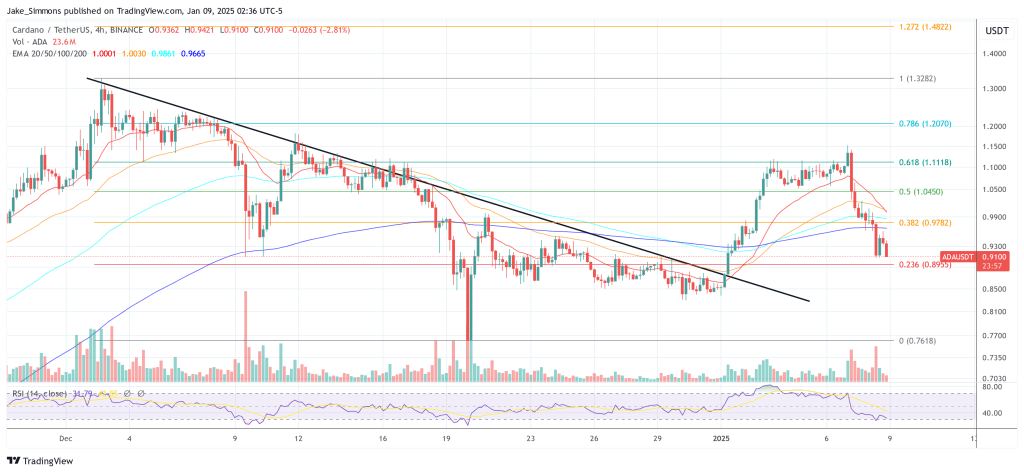

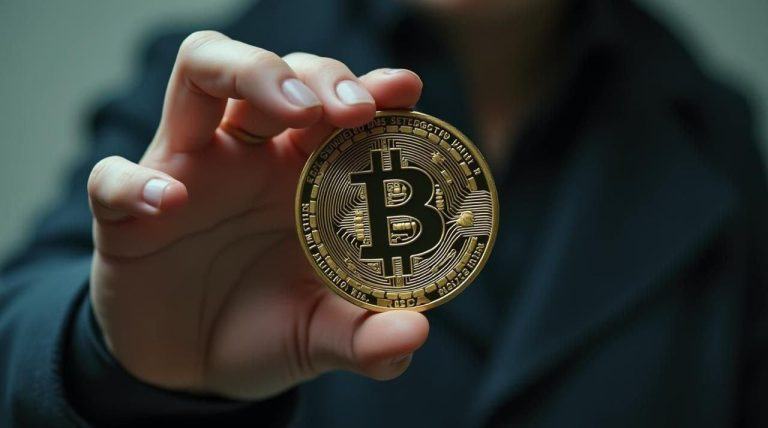
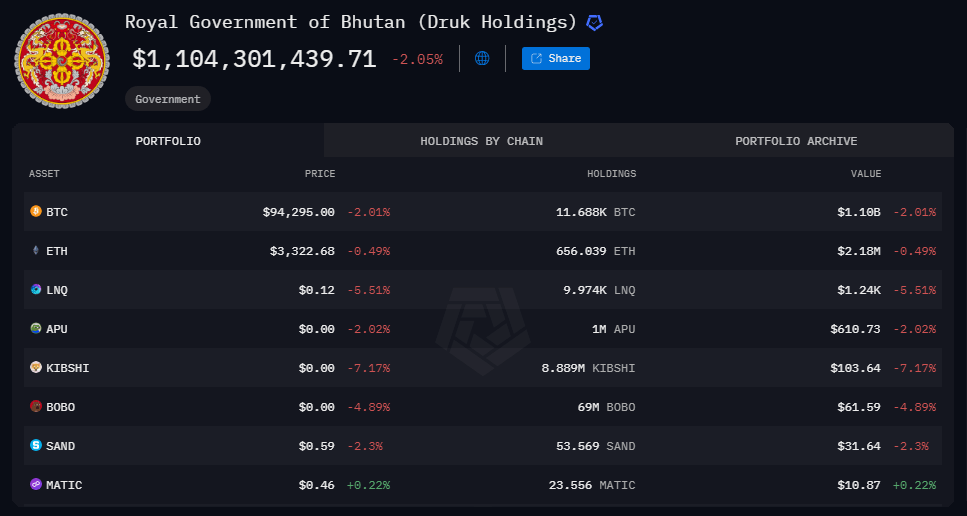

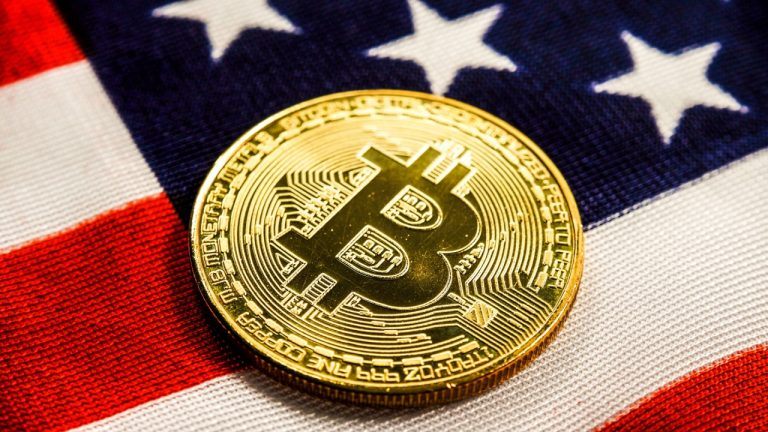







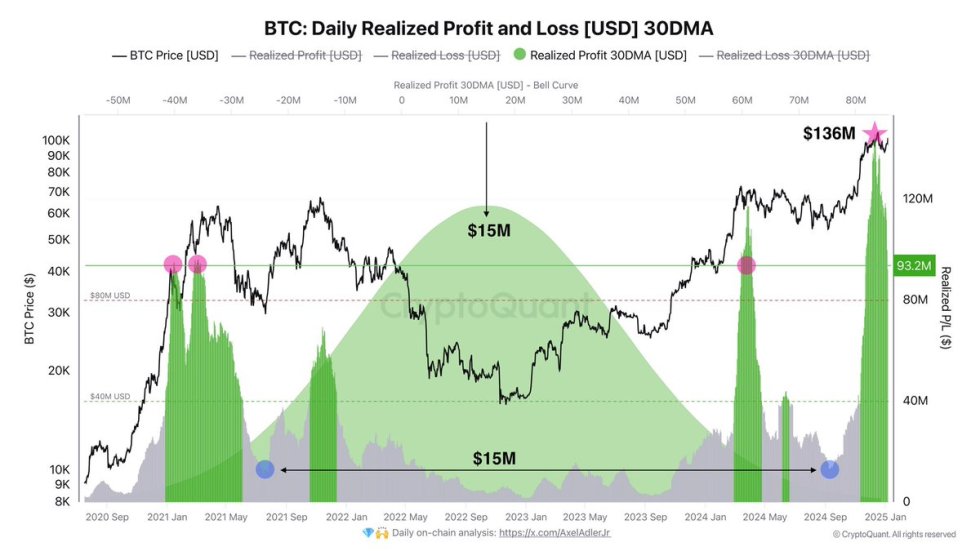
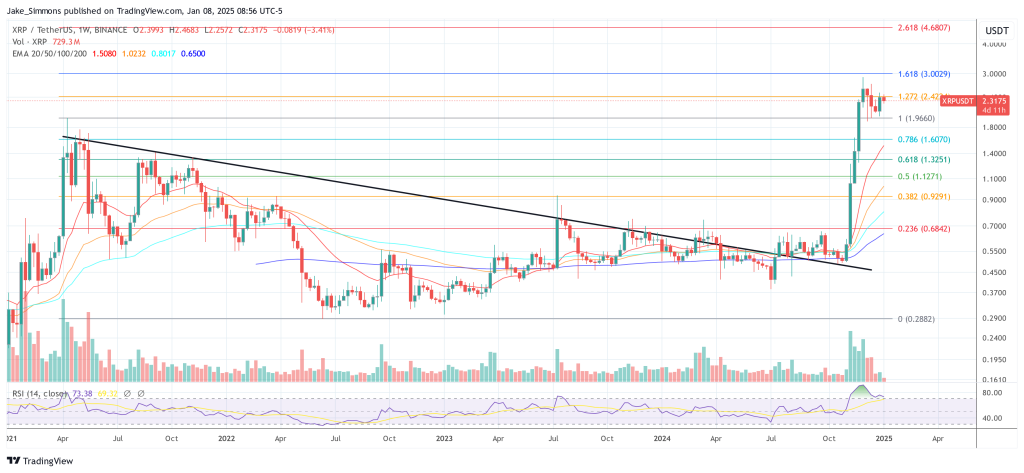
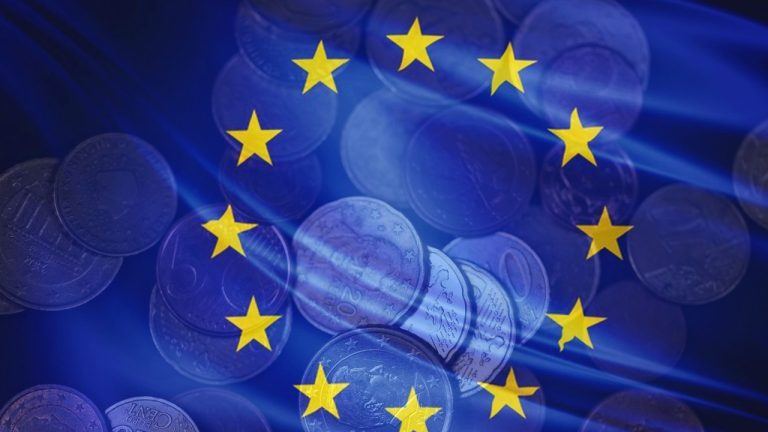

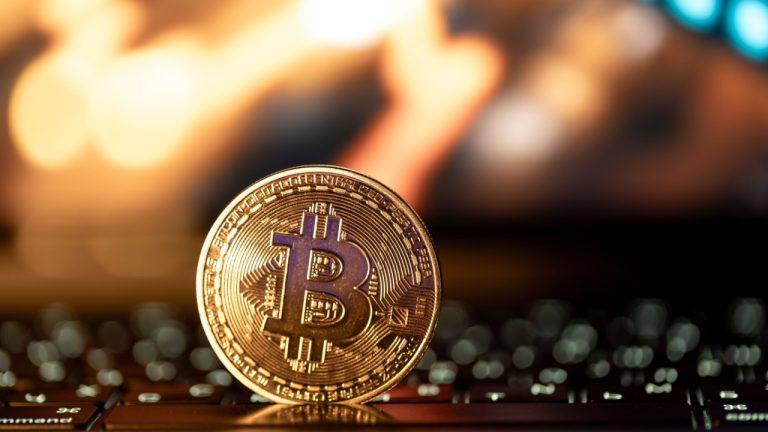
Comments